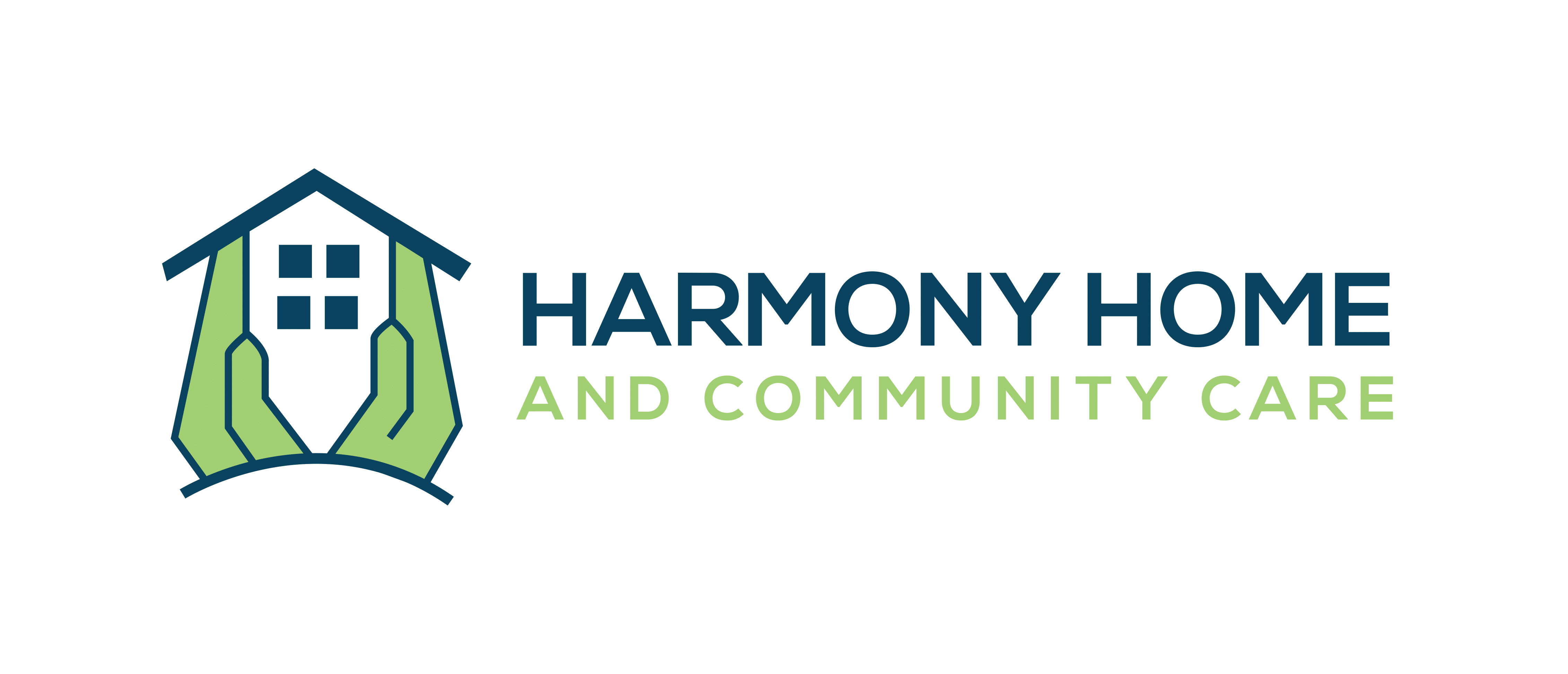Harmony Homes
January 8, 2024
What is STA, MTA, and SIL Eligibility in Australia?

What is STA and MTA and SIL Eligibility in Australia?
In Australia, the National Disability Insurance Scheme (NDIS) provides support and services to people with disabilities. It aims to empower individuals to achieve their goals and improve their overall quality of life. Under the NDIS, individuals may be eligible for supports such as Short-Term Accommodation (STA), Medium Term Accommodation (MTA), and Supported Independent Living (SIL). Let’s take a closer look at what each of these categories entails and the eligibility criteria for each.
Short term accommodation (STA)
Short Term Accommodation (STA) is an essential component of the NDIS, offering temporary accommodation and support services for individuals with disabilities. These services aim to provide respite for participants and their carers, allowing them to take a break from their regular routines and responsibilities.
Purpose of STA
Purpose of Short Term Accommodation (STA)
The primary purpose of STA is to provide a temporary and supportive environment for individuals with disabilities and their carers. It gives participants an opportunity to take a break, recharge, and engage in activities that promote their wellbeing. Additionally, STA also offers respite for carers, allowing them to have some time for self-care, rest, or other commitments. The goal is to enhance the overall quality of life for both the participant and their carer by alleviating some of the daily pressures associated with the care of a person with a disability.

Recent Posts
Categories
Types of STA Accommodation
Types of Short Term Accommodation (STA)
STA can encompass different types of accommodations tailored to meet the specific needs and preferences of participants. These accommodations can range from specialized facilities to community-based settings. The choice of accommodation largely depends on the individual’s support needs, level of independence, and personal circumstances. The NDIS endeavors to ensure that the selected STA accommodation is conducive to the participant’s comfort, safety, and wellbeing during their temporary stay.
Components of STA Support:
Short Term Accommodation (STA) goes beyond offering accommodation and encompasses a range of support services designed to meet the individual needs of participants. These services may include:
- Accommodation: Participants are provided with suitable and comfortable temporary living arrangements during their stay. The accommodation is tailored based on their specific requirements and preferences.
- Meals: Nutritious and balanced meals are included as part of the STA support. This ensures participants have access to suitable food during their stay.
- Personal Care: Support with personal care activities such as dressing, bathing, toileting, and grooming is provided as required by the participant.
- Social Activities: Participants are encouraged to engage in social activities during their STA stay. These activities promote interaction, inclusion, and participation, enhancing the participant’s overall well-being.
- Assistance and Supervision: Depending on the participant’s needs, additional assistance and supervision may be provided to ensure their safety and wellbeing throughout their stay.
Short Term Accommodation (STA) Eligibility Criteria
To be eligible for STA, individuals must meet specific criteria determined by the NDIS. The key eligibility requirements for STA are as follows:
Approved NDIS Plan:
The participant should have an approved NDIS plan in place, outlining their specific needs and goals.
- Plan Inclusion: STA should either be included in the participant’s existing NDIS plan or specifically requested as an addition.
- Reasonable and Necessary: The need for STA must be reasonable and necessary, considering the participant’s circumstances and goals.
- Functional Capacity: The participant should have the functional capacity to benefit from STA, and it should align with their overall support and care needs.
Medium term accommodation (MTA)
Medium Term Accommodation (MTA) aims to provide stability and support to individuals with disabilities through longer-term accommodation and services. It caters to specific periods when participants may require accommodation and supports, such as transitions between housing arrangements, returning home after a hospital stay, or when their primary carer requires temporary respite. Medium Term Accommodation (MTA) serves as a bridge between short-term accommodation and permanent living arrangements, ensuring participants have the necessary support during these transitional phases.
Types of Medium Term Accommodation (MTA) Accommodation
MTA accommodation options are diverse and designed to address the individual needs and preferences of participants. The goal is to provide a comfortable and supportive environment that meets the participant’s specific requirements during their medium-term stay. MTA accommodations can include shared living arrangements, either with peers or support staff, or individual living arrangements, depending on the participant’s level of independence and support needs.
Key Features of Medium Term Accommodation (MTA) Support:
MTA encompasses various support services that contribute to the participant’s well-being and successful transition. These features may include:
- Accommodation: Participants are provided with a medium-term living arrangement tailored to their specific needs, ensuring comfort, safety, and accessibility.
- Transition Support: MTA offers the necessary support and assistance with transitioning between housing arrangements, making the process as smooth as possible for the participant.
- Personal Care: Participants receive assistance with personal care activities, such as bathing, dressing, grooming, and medication management, if required.
- Supportive Services: Additional support services, such as meal preparation, household chores, transportation, and accessing community resources, are provided to enhance the participant’s independence and engagement.
- Skill Development: MTA focuses on skill development and empowerment, enabling participants to develop and maintain independent living skills required for their long-term goals.
Medium Term Accommodation (MTA) Eligibility Criteria
To be eligible for MTA, individuals must meet specific criteria as determined by the NDIS. The key eligibility requirements for MTA are as follows:
- Approved NDIS Plan: The participant should have an approved NDIS plan that outlines their specific needs and goals.
- Plan Inclusion: MTA should either be included in the participant’s existing NDIS plan or specifically requested as an addition.
- Reasonable and Necessary: The need for MTA must be reasonable and necessary, considering the participant’s circumstances and goals.
- Functional Capacity: The participant should have the functional capacity to benefit from MTA and it should align with their overall support and care needs during the transitional period.
Supported independent living (SiL)
The primary purpose of SIL is to enable individuals with disabilities to live in their own home or a shared home while receiving the support they need to live independently. SIL recognizes that everyone has the right to personal choice, autonomy, and inclusion in their community. By providing tailored support services, SIL ensures that individuals with disabilities can exercise control over their lives, make their own decisions, and participate actively in society.
Support Services Provided by SIL:
Support Independent Living (SIL) offers a range of support services that are tailored to the unique needs and goals of each individual. These services are designed to promote independence and enhance the overall quality of life for participants. The support services provided by SIL may include:
- Daily Living Activities: Assistance with daily activities such as personal care, meal preparation, household chores, and managing finances.
- Skill Development: Support and training to develop and enhance independent living skills, including budgeting, cooking, cleaning, and self-care.
- Community Participation: Support in accessing and participating in community activities, such as social events, recreational activities, and employment opportunities.
- Health and Well-being: Assistance with maintaining physical and mental health, including accessing healthcare services, medication management, and emotional support.
- Building Relationships: Support in developing and maintaining meaningful relationships with family, friends, and the broader community.
Importance of SIL in Promoting Independence
SIL plays a crucial role in fostering independence for individuals with disabilities. By providing appropriate support services, SIL enables participants to live in their preferred home environment and make choices about their daily activities. To ensure the success of SIL, it is important to establish a person-centered approach, where the individual’s desires, goals, and preferences form the basis of
the support provided. This helps to build self-confidence, enhance self-determination, and promote the overall well-being of participants.
Eligibility for Support Independent Living (SIL)
To be eligible for SIL, individuals must meet specific criteria set by the NDIS. The key eligibility requirements for SIL include:
- Approved NDIS Plan: The participant should have an approved NDIS plan that outlines their specific support needs and goals.
- Assessment of Living Needs: A professional assessment is conducted to determine the appropriate level of support required for independent living.
- Reasonable and Necessary: SIL support must be deemed reasonable and necessary, taking into consideration the participant’s disability, individual circumstances, and goals.
- Functional Capacity: The participant should have the functional capacity to benefit from SIL and be able to fully participate in the decision-making process.
Read related NDIS Articles:
What are Dyslexia and what are its Causes? | NDIS Innovative Community Participation | NDIS Registered Providers | NDIS Household Tasks | Harmony Home and community Care – HHACC | Home and Community Care | NDIS Services | NDIS Services Provider | mta ndis | ndis assistive technology | harmony home care


